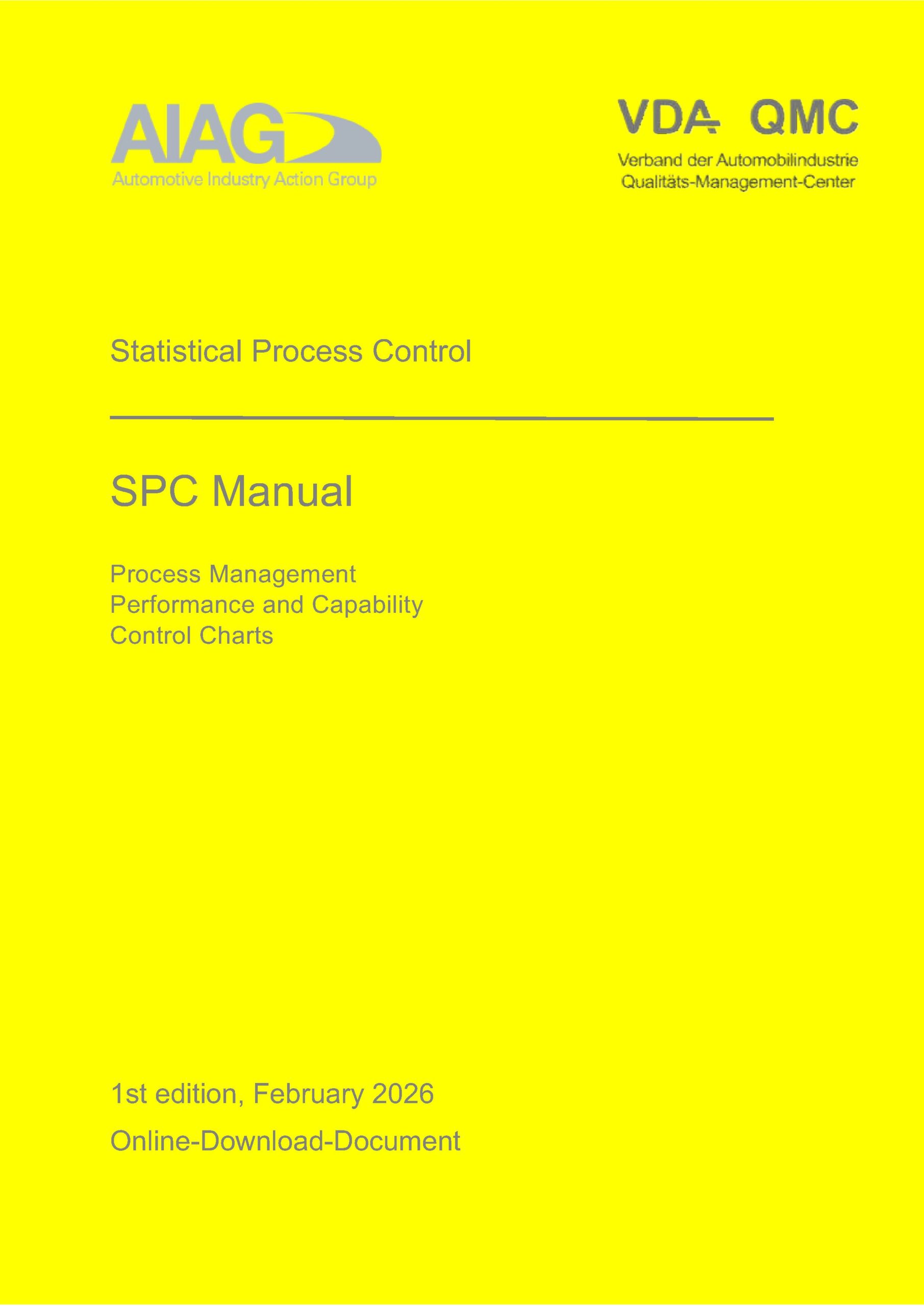This set of 10 micro-learning modules covers the importance of identifying a problem and using problem solving to form sustainable solutions. These modules can help an organization develop and implement a robust problem solving process that will improve problem descriptions, ensure steps are not skipped, improve team member participation, improve the ability to prioritize, analyze and review concerns, and improve qualitative methods for problem solving.
Purchase single-user access to this eLearning course or request a quote for corporate licensing to train your team.

This set of 10 micro-learning modules covers the importance of identifying a problem and using problem solving to form sustainable solutions. These modules can help an organization develop and implement a robust problem solving process that will improve problem descriptions, ensure steps are not skipped, improve team member participation, improve the ability to prioritize, analyze and review concerns, and improve qualitative methods for problem solving.
These modules give only a high-level introduction to problem solving and the different tools and methodologies used to complete the problem-solving process. This allows teams to select the best tools for their specific problems.
Length
1 Day (2-3 Hours)
Recommended for all problem solvers and practitioners responsible for ensuring the effectiveness of the problem-solving process, the appropriate application of problem-solving tools, and establishing and reinforcing an effective problem-solving culture. Typically, this is performed by a multidisciplinary team from the following functions: internal auditors, manufacturing managers, supervisors and team leaders, quality-related personnel, equipment and tooling specialists, supplier quality engineers, laboratory technicians, core tools (MSA, SPC, FMEA, APQP/PPAP) coordinators, logistics related personnel, and anyone who participates in the corrective action and continual improvement processes.
Module 1: Effective Problem Solving: Fundamentals
Module 2: Effective Problem Solving: Becoming Aware of a Problem
Module 3: Effective Problem Solving: Establishing the Team
Module 5: Effective Problem Solving: Containing Symptoms
Module 6: Effective Problem Solving: Establishing the Root Cause
Module 7: Effective Problem Solving: Selecting and Testing Corrective Actions
Module 8: Effective Problem Solving: Implementing Corrective Actions
Module 9: Effective Problem Solving: Preventing Reoccurrence
Module 10: Effective Problem Solving: Recognizing the Team’s Success
80% passing the individual modules can earn a certificate of completion

Questions about the privacy and security of our Live Virtual Solutions? Learn more
CT2110-00
The AIAG SPC Manual (Draft Edition) is on the horizon—and if you are responsible for process control, capability, or quality system performance, this update may directly impact you.
Sign up today to receive expert updates on the AIAG SPC Manual Draft and ensure you are ready when the new edition becomes the industry expectation.
